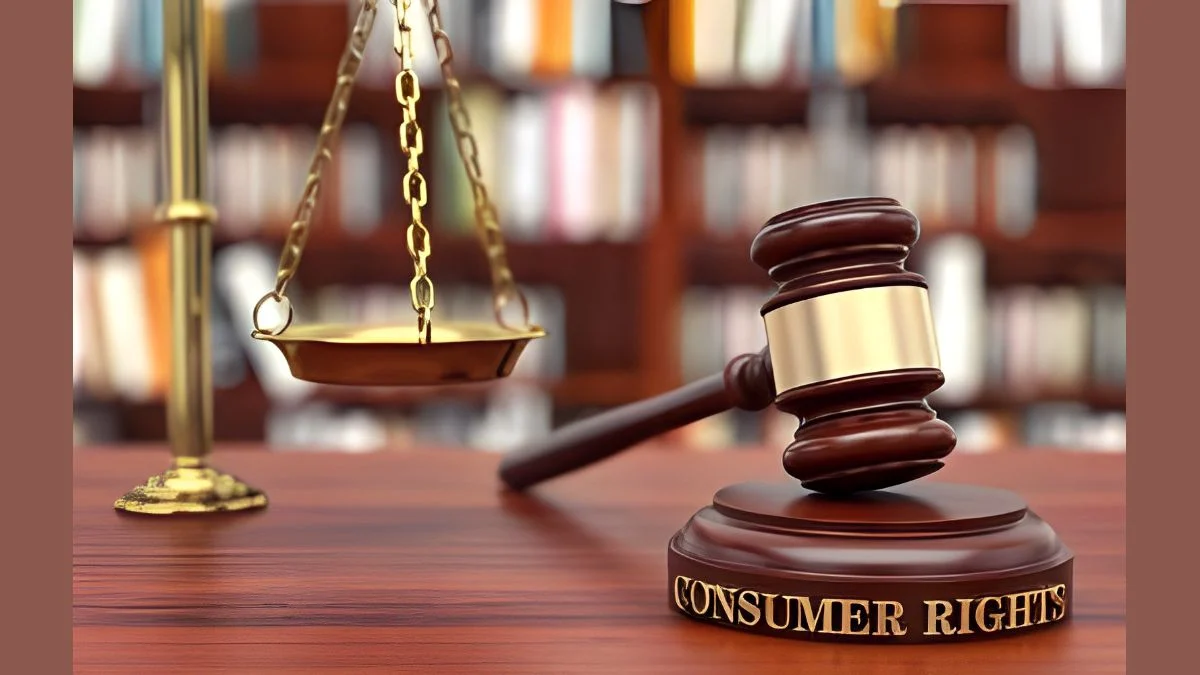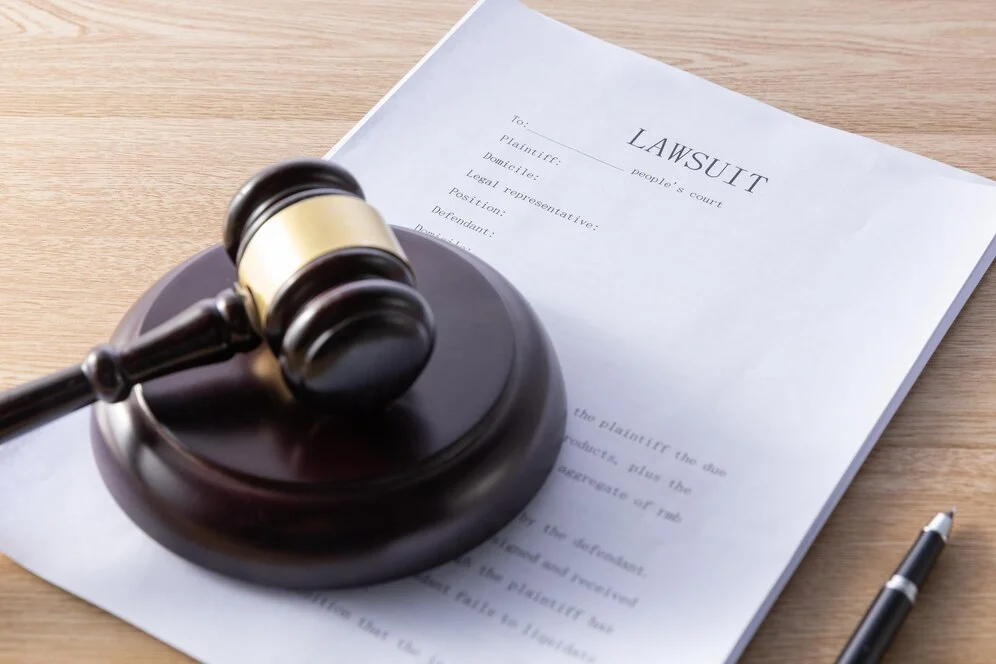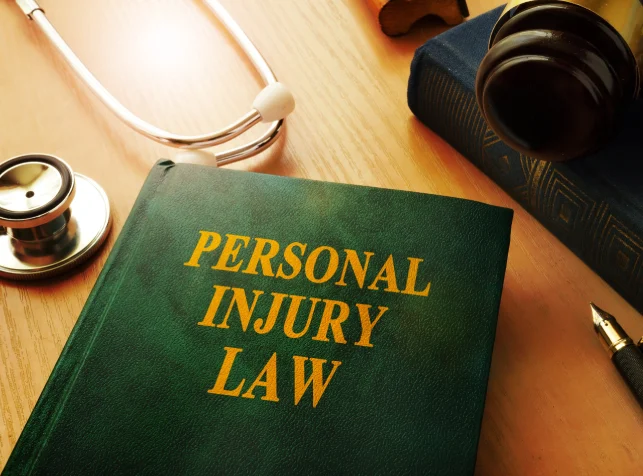
Consumer protection refers to a set of laws and measures designed to safeguard the rights and interests of consumers in the marketplace. These regulations are put in place to ensure that consumers are treated fairly, receive accurate information, and are not subjected to deceptive or unethical business practices. In an increasingly complex and globalized economy, consumer protection has become a vital component of public policy and economic fairness.
Understanding Consumer ProtectionConsumer protection laws are implemented to promote transparency, prevent fraud, and ensure that businesses act responsibly. These laws cover a wide range of issues, from false advertising and defective products to unfair contract terms and identity theft. In many countries, dedicated agencies oversee and enforce consumer protection laws to ensure businesses comply with standards of fairness.
The scope of consumer protection includes:
Product Safety: Regulations ensure that the goods sold to consumers meet safety standards. Dangerous or defective products can be recalled or banned.
Accurate Information: Sellers must provide truthful details about products and services, including price, quality, and functionality.
Fair Contracts: Contracts must be clear, reasonable, and free from hidden clauses that could exploit consumers.
Dispute Resolution: Mechanisms such as ombudsman services, small claims courts, and arbitration help resolve issues between consumers and businesses.
Data Privacy: As online transactions grow, consumer data protection has become essential to prevent misuse and fraud.
Why Consumer Protection MattersThe importance of consumer protection extends beyond just individual rights—it strengthens the overall marketplace by encouraging ethical practices and boosting public trust. Here are several key reasons why it matters:

Empowers Consumers: When consumers know their rights, they can make informed choices and avoid scams. This awareness leads to better purchasing decisions and stronger consumer confidence.
Promotes Fair Competition: By enforcing rules against misleading advertising and monopolistic practices, consumer protection creates a level playing field where businesses compete on merit and innovation.
Improves Product Quality: Regulations force manufacturers to uphold safety and quality standards, resulting in better and safer products for all.
Protects Vulnerable Groups: Seniors, low-income families, and individuals with limited education are especially vulnerable to exploitation. Consumer protection helps guard these groups from predatory practices.
Supports Economic Growth: A well-regulated market fosters trust, which encourages spending and investment. This, in turn, helps the economy grow in a balanced and sustainable way.
Consumer protection is a two-way street—it not only grants rights but also comes with responsibilities. Understanding both is crucial for healthy commerce:
Right to Safety: Consumers have the right to be protected from products that could harm their health or safety.
Right to Information: Consumers should be provided with clear, accurate, and relevant information to make informed choices.
Right to Choose: Consumers must have access to a variety of products and services at competitive prices.
Right to Be Heard: Governments and companies must listen to consumer complaints and address them effectively.
Responsibility to Be Informed: Consumers should take time to read labels, instructions, and fine print before making purchases.
Responsibility to Report Fraud: Reporting unethical behavior helps prevent harm to others and holds businesses accountable.
While laws and agencies work to protect consumers, individuals also play a role in safeguarding their interests. Here’s how you can protect yourself:
Research Before Buying: Look for reviews, product comparisons, and return policies before purchasing.
Know Your Rights: Familiarize yourself with local consumer protection laws, especially regarding returns, warranties, and cancellations.
Keep Records: Always keep receipts, contracts, and correspondence related to transactions.
Avoid Impulse Purchases: Take time to evaluate needs and compare options before making decisions.
Be Cautious Online: Shop only from reputable websites, use secure payment methods, and watch out for phishing scams.
Report Issues: If you feel misled or wronged, file complaints with consumer protection agencies or local authorities.
ConclusionConsumer protection is an essential part of a fair and functioning marketplace. It ensures that buyers are treated ethically and empowers them to make confident choices. From protecting health and safety to promoting economic justice, the importance of consumer protection cannot be overstated. As consumers, staying informed and vigilant is the best way to protect yourself and contribute to a more honest, transparent market.
Subscribe to our newsletter and never miss an update.
Get the latest posts delivered straight to your inbox.

Senior Contributor
Ravi Raj is passionate about impactful storytelling. With a unique voice and deep insights, they turn everyday stories into compelling reads that resonate and inform.
Read Full Bio
By Kusum Singh
23 Dec 2025

By Ravi Raj
31 Dec 2025

By Ravi Raj
22 Dec 2025

By Kusum Singh
02 Jan 2026

By Ravi Raj
30 Dec 2025

By Kusum Singh
21 Dec 2025

By Ravi Raj
02 Jan 2026

By Ravi Raj
02 Jan 2026

By Ravi Raj
20 Dec 2025

By Ravi Raj
31 Dec 2025

By Ravi Raj
01 Jan 2026

By Kusum Singh
19 Dec 2025